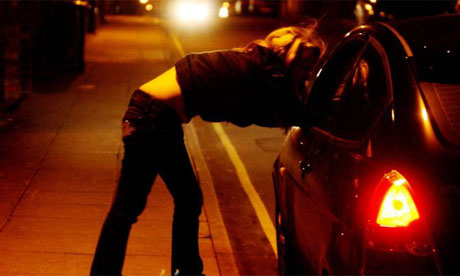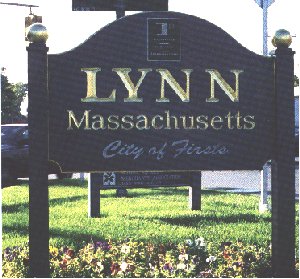According to at least one person Kimberly Pietrini and Hassan Wilkes were on vacation and staying at a Framingham, Massachusetts motel. Why Wilkes was at a Dunkin Donuts near the motel Pietrini met with a man who responded to her backpage.com advertisement. The man met Pietrini at the motel. He assured her that he was not a cop. A fee arrangement was made and Pietrini told the man to place his money on a night table and take his clothes off. Unbeknownst to Pietrini, the man was an undercover police officer. She was arrested and charged with Prostitution. At the same time, Pietrini was getting texted by Wilkes. Police found him at the nearby donut establishment. Wilkes denied knowing that Pietrini was working at the time. He did acknowledge that she works as a prostitute. Wilkes was charged with Conspiracy to Commit Prostitution and Deriving Support from a Prostitute. The charges are pending in the Framingham District Court. Pietrini pleaded guilty at her arraignment. She was fined two hundred fifty dollars.
Read Article:
Depending on the accuracy and completeness of this article Wilkes might want to fight these charges. Deriving support from prostitution in Massachusetts is a violation of Massachusetts General Laws Chapter 272 Section 7. The crime is a felony and carries a state prison sentence if the district attorney indicts the case and prosecutes the charges in the superior court. To convict Wilkes the prosecution must prove the following beyond a reasonable doubt:
• That Pietrini engaged sex for a fee
• That Wilkes knew that she did so
• That Wilkes shared in her earnings from that act.
By all accounts Wilkes is guilty of no more than knowing that Pietrini was a prostitute. The prosecution can probably not even show that he knew that she was engaging in such an act while he was out of the room. As a Massachusetts Prostitution Defense Lawyer I am interested in knowing what the text messages from Wilkes to Pietrini said. If nothing inculpatory was texted that in all probably Pietrini would have to testify against him and it is highly unlikely that she would do so. Cases like this often go to trial and get dismissed on a motion for a required finding. Motions to dismiss can be filed and argued, and on occasion these can be successful in the district court. This is an alternative to trial and a good way to rid the court system of cases that have no viability. This tactic requires the right set of facts, the right judge and a defense lawyer who knows and is able to argue the law. It is abundantly clear why Wilkes chose to plead not guilty at his arraignment as opposed to Pietrini.
 Massachusetts Criminal Defense Attorney Blog
Massachusetts Criminal Defense Attorney Blog






